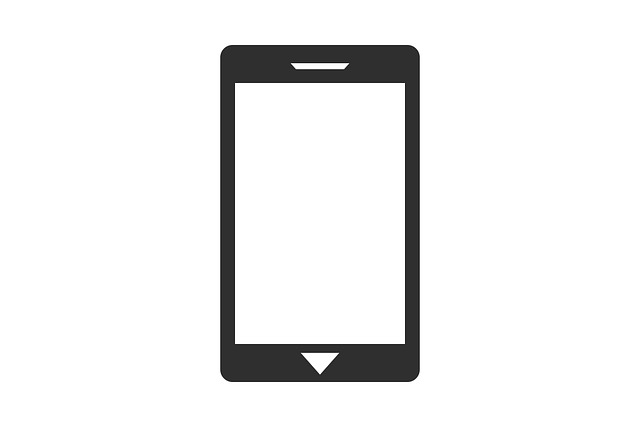In densely populated areas like Buffalo, New York, spam calls are a significant issue. To combat them, individuals can take several steps, including: registering on the National Do Not Call Registry, using call-blocking apps or smartphone features, limiting personal details shared online, and reporting suspicious numbers. A community-driven awareness campaign, involving residents, local organizations, and businesses, educates people about these tools and promotes responsible phone etiquette. By implementing these strategies, New Yorkers can reclaim control over their communications and reduce the impact of spam calls on their daily lives. (How to Stop Spam Calls New York)
In Buffalo, as across New York state, our relationship with phones is evolving. Understanding local phone usage patterns is crucial to tackling a growing nuisance: spam calls. This article explores the current landscape of mobile communication in Buffalo, delves into the impact of unwanted calls on residents, and presents strategies to curb spam while enhancing positive interactions. We also highlight the power of community-driven awareness campaigns as a game-changer in navigating this modern enigma. Learn how to stop spam calls in New York effectively.
Understanding Buffalo's Phone Usage Culture: A Current Landscape
The Impact of Spam Calls in New York and Beyond
Spam calls have become a pervasive issue, particularly in densely populated areas like Buffalo and beyond. With the rise of automated voice services, New Yorkers are often burdened with unwanted and harassing phone calls, leading to a significant negative impact on their daily lives. These spam calls not only disrupt peace but also contribute to rising communication costs and frustrate residents, making it a pressing concern for many.
To combat this problem, individuals can take several proactive steps. Implementing stricter call blocking features on smartphones is an effective measure. Many modern devices come with built-in tools that allow users to identify and block spam calls. Additionally, registering on Do Not Call lists, both at the state and national levels, is crucial for reducing the volume of unwanted calls. New Yorkers can also use apps designed specifically to filter out spam, making their communication experience much smoother. By combining these strategies, folks in Buffalo can reclaim control over their phone lines and bid farewell to relentless spam calls.
Strategies to Curb Unwanted Spam and Enhance Communication
In Buffalo, as across the nation, unwanted spam calls are a persistent problem. To curb this issue and enhance genuine communication, residents can implement several strategies. Firstly, registering on the National Do Not Call Registry is a robust step to reduce unsolicited calls. This federal list restricts marketers from contacting numbers listed for a year (or forever if preferred). Additionally, installing call-blocking apps or using built-in smartphone features can significantly filter out spam. These tools identify and block numbers associated with telemarketing or scamming activities.
Moreover, being mindful of the information shared online is crucial. Limiting personal details on social media platforms reduces the likelihood of spammers targeting individuals. Regularly reviewing call history and blocking or reporting suspicious numbers also contributes to a cleaner communication environment. Encouraging community members to adopt these practices can create a collective effort to stop spam calls in New York, fostering a safer and more meaningful digital space.
Building a Community Awareness Campaign for Effective Change
In Buffalo, fostering a community-driven awareness campaign is a powerful strategy to address the issue of excessive phone usage and its associated challenges, particularly spam calls. By engaging residents, local organizations, and businesses, it’s possible to create a collective understanding of responsible phone etiquette. The campaign can focus on educating folks about tools and techniques to stop spam calls New York, such as do-not-call registries, blocking features, and identifying suspicious numbers. Workshops, community meetings, and social media initiatives can help spread awareness, offering practical tips for managing unwanted communications.
This collaborative approach enables residents to take ownership of their digital well-being, fostering a culture where mindful phone usage becomes the norm. By sharing resources and success stories, the campaign can inspire positive change, ensuring that Buffalo’s community remains connected while reducing the impact of spam calls on daily life.






